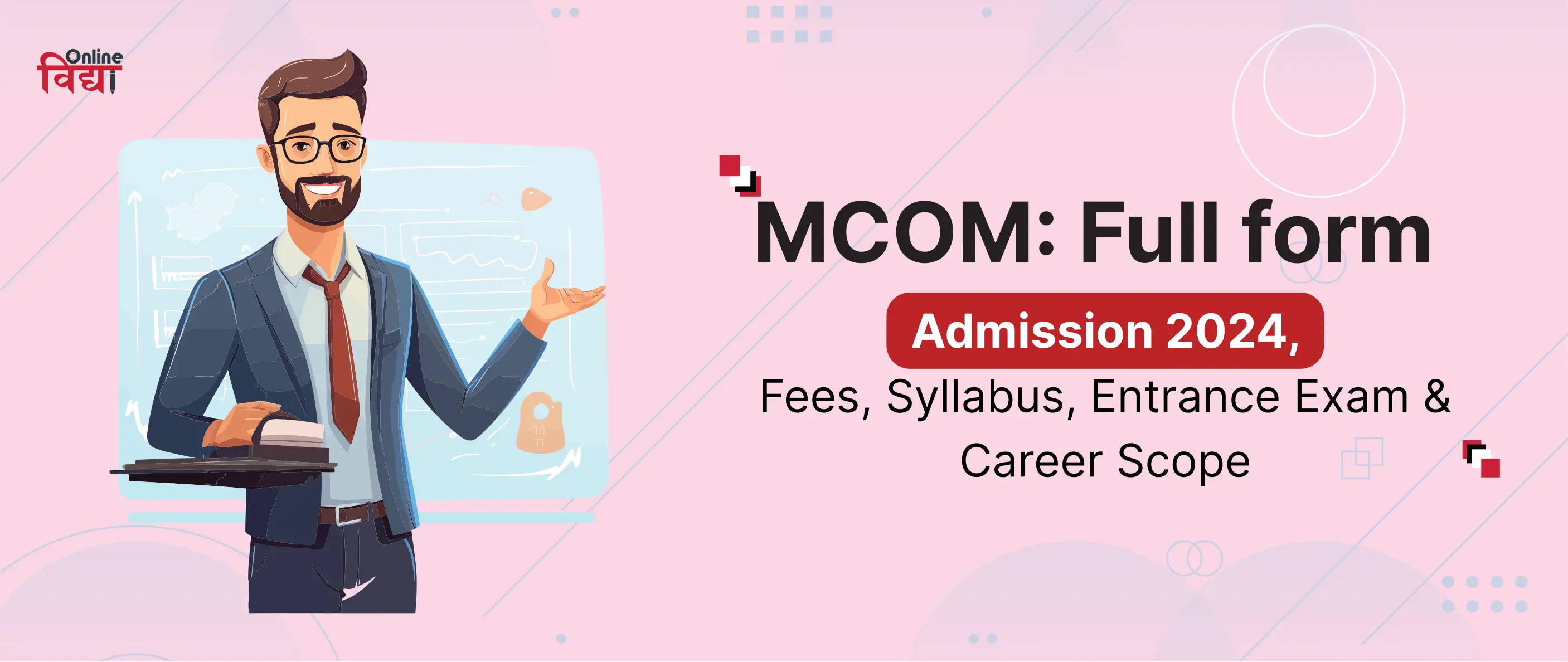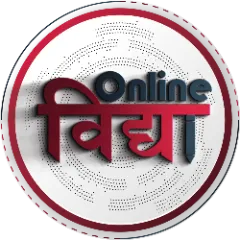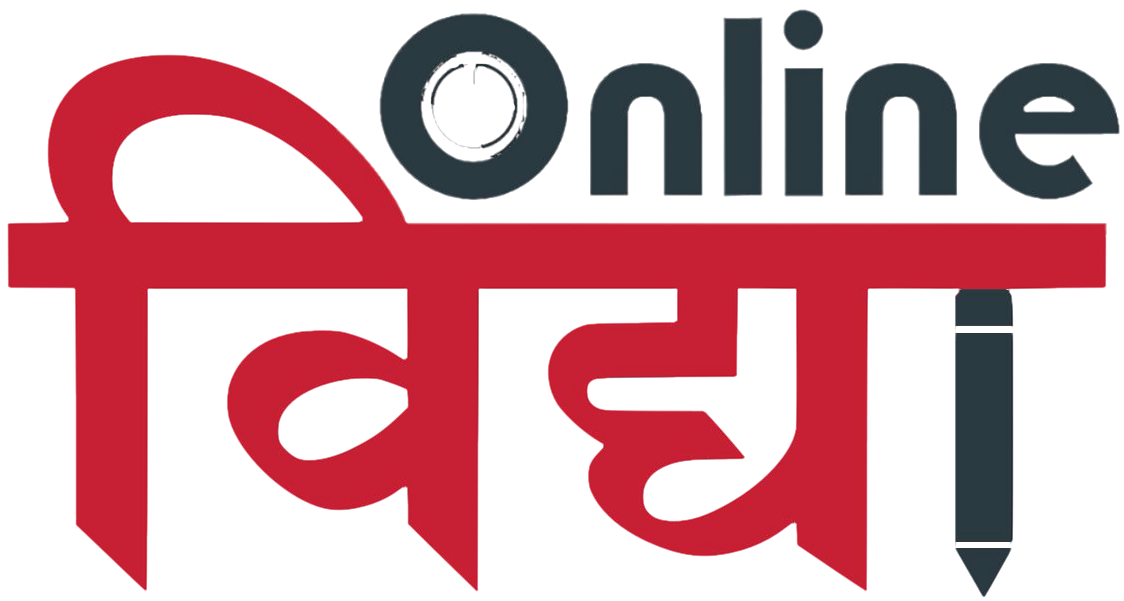Specializations
Courses Available
Courses

MCom: Full form, Admission 2024, Fees, Syllabus, Entrance Exam & Career Scope
MCom: Full form, Admission 2024, Fees, Syllabus, Entrance Exam & Career Scope,May 11, 2024
Online MCom
May 11, 2024
5490 Views
- Share:
MCom additionally known as Master of Commerce is a 2-year postgraduate degree program offered to students who are willing to pursue their higher studies and make a career in financial services, banking, accounting, economics, marketing, and other related fields.
M.Com offers students an opportunity to work in almost any field and sector of the economy. Because of its flexibility and wide scope, it is one of the most popular courses in India. M.Com also offers the chance to students to get appealing job opportunities with high salaries in renowned companies. Students can even go for PhD after M.Com. This comprehensive guide will cover everything about M.Com, from its basic information to career scope and course syllabus.
About M.Com
M.Com, abbreviated to Master of Commerce is a two-year post-graduation course offered after the completion of under-graduation. Those who are willing to pursue their higher studies and make a career in commerce-related fields like banking, finance, management, and others can opt for this course. M.Com emphasizes polishing logical thinking, creative thinking, problem-solving abilities, business management skills, and mathematics, so students can even go for this course if they want to become teachers, or professors, or even go for higher studies(PhD).
Also Read: Learning The Important Functions of Financial Management
Course Overview
Course Name | Masters of Commerce(M.Com) |
Mode of Education |
|
Duration | 2 years |
Semesters | 4 semesters |
Exams | Semester-wise |
Eligibility | Under-graduation in Commerce or a related field |
Admission Process |
|
Mode of Application |
|
Course Fees | Rs. 20,000 - Rs. 1,50,000 and above(depending on institution type) |
Career Scope |
|
Course Highlights
M.Com degree programs are in great demand because of the financial benefits they offer to candidates. M.Com programs are available in a variety of forms, and the wide range of specializations allows students to create a focus in a variety of industries. After completing the course, students will get the multiple benefits that are mentioned below:
- The MCom Course will help students to get better work chances in the long run. For example, job possibilities for M.Com. students will probably develop as the financial business is expected to grow to a value of $1 trillion by 2025. The Banking and Financial Service Industry (BFSI), which recruits M.Com. students are projected to add 8 million new jobs over the next eight to ten years.
- M.Com degree focuses on the master's level exam and is primarily chosen by the candidates who want to keep up their education as a profession, especially in economics. The M.Com program serves as a prerequisite and is required to further PhD degrees.
- It offers students a chance to make interactions with their classmates, elders, professors, and recent graduates. Creating testimonies for possible jobs is the main objective of networking.
- Candidates with an M.Com degree are eligible to take different government-level exams like the public administration exam or exams related to accounting and finance requirements like audits, taxable income, and customs agencies.
M.Com Syllabus
Semester 1 | Semester 2 |
Advanced Cost Accounting | Human Resouce Management |
Managerial Economics | Research Methodology |
Indian Financial System | Co - operation |
Paper/course | Advanced Financial Accounting |
Semester 3 | Semester 4 |
Core Group | Project |
Statistical Techniques | Core Group |
Advanced Management Accounting | International Business Environment |
Specializations
Admission Procedure and Eligibility Criteria
Eligibility Criteria
- Students need to get 50% and above in a B.Com or B.Com (Honours)degree or any related course degree from any affiliated or recognized university.
- Some universities require 60% and above for admission in M.Com courses for students who have completed their graduation with courses like Economics(H), BBE, BBA, and BFIA from affiliated or recognized universities.
- Students belonging to reserved categories will get an exemption of up to 5%.
- There is no age restriction to get admission in M.Com Course.
- Many state-level universities offer relaxation to their home-state students.
Admission Procedure
- Merit-Based: In merit-based admission, the marks student obtain in their graduation are marked as the primary factor. The student will get admission if their graduation percentage matches or exceeds the cut-off of that particular university.
- Entrance-Based: In entrance-based admission, students need to clear the university entrance examination to get admission. Some of the most widely recognized universities take admission in their Master’s program by conducting the entrance. Some of the most popular entrance exams to get admission to M.Com are CUET PG, CPGET, PU CET, AU CET, and BHU CET.
Fee Structure
The fee for an M.Com course differs based on the university type. The fee for government-affiliated colleges is less whereas the fee for private institutions is significantly higher. The average fee of an M.Com is between Rs. 20,000 - Rs. 1,50,000.
Career Opportunities After M.Com
M.Com is well-recognized and is among one of the most popular degrees which students prefer to pursue. It offers job opportunities in multiple fields and some of the most popular career options after M.Com are:
Assistant Enforcement Officer | Bank Manager |
Inspector of Income Tax | Finance Executive |
Accounts Officer | Assistant Section Officer |
Audit Officer | Finance Manager |
Top Recruiting Companies
- State Bank of India(SBI)
- HDFC
- TFC
- ICICI Bank
- Pricewaterhouse Cooper
- Deloitte
- KPMG
- Grant Thornton
- IndusInd Bank
Also Read: What is Google Gemini? Top facts and uses you need to know in 2024
Frequently Asked Queries
To pursue higher education in M.Com, students need to complete their graduation with a B.Com, B.Com(Honours), or any other related field.
To pursue an M.Com, students need to possess essential skills like logical thinking, have ability to memorize quickly, observational skills, Strong analytical skills, a strong command of Mathematics, and knowledge of the banking and financial sector.
For MCom graduates, there are several possibilities for employment in India, many of which provide decent salaries and educational prospects. To increase their chances of getting a job while growing professionally, students could decide to keep up their education. Candidates have a strong academic future after earning their MCom. Candidates can attempt the UGC NET/JRF examination. Based on their UGC score, candidates will be set to either NET or both NET and JRF. Students can apply for a PhD or college lectureships after getting the UGC NET/JRF.
No, an MCom program is taken up after the completion of a bachelor's degree in commerce or a discipline that is closely associated. However, a few colleges or universities could provide integrated programs that enable students to pursue an MCom directly out of high school, after they complete the 12th grade. These integrated programs, which include undergraduate and graduate curriculum, usually last five years and are commonly referred to as "integrated BCom-MCom" or something similar. These programs are intended for students who want to pursue a career in commerce and desire to speed up their education by obtaining both degrees in a single, continuous program. You should look into institutions or universities that propose these integrated programs if you have an interest in obtaining an MCom shortly after your 12th-grade education.
Yes, you can pursue M.Com through online courses. A Master of Commerce course that is offered exclusively online is known as an online MCom course. Students can obtain a postgraduate degree in commerce through these courses without having to go to regular, on-campus sessions. These programs are designed for individuals who are not capable of attending regular classes due to their jobs or other commitments. It is a very nice opportunity for those who want to carry education and a job together.

Meet Our Counselling Experts
Get 100% Free Career Counseling




PlacementPartners










Schedule Your 30 min Couselling Session With Today!!
Select a Date of your choice :
You Have Selected Slot on .

